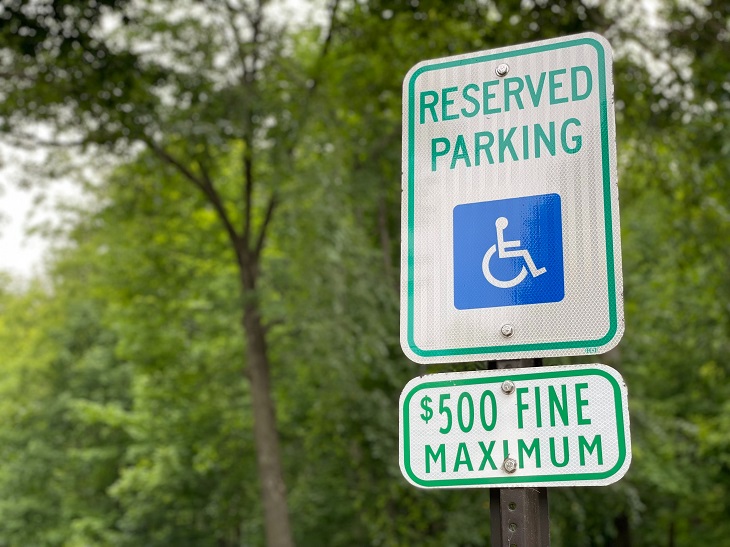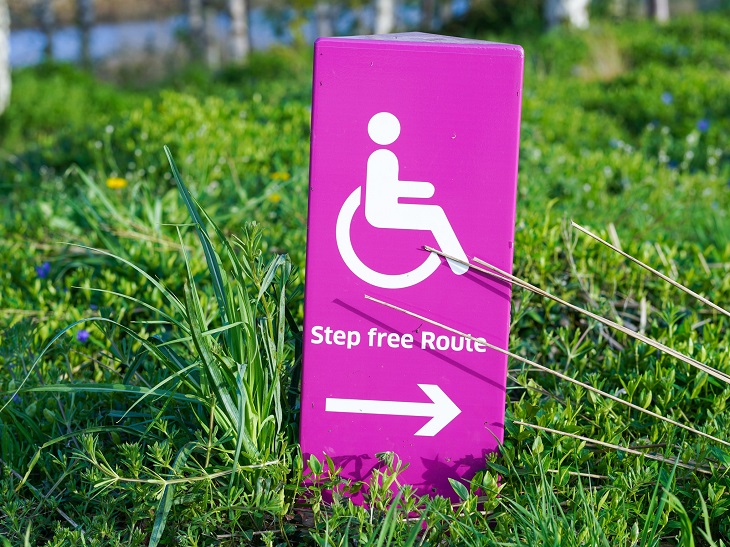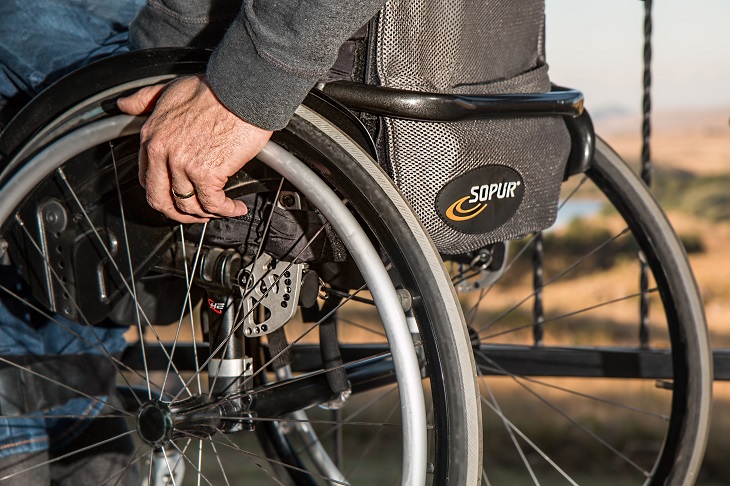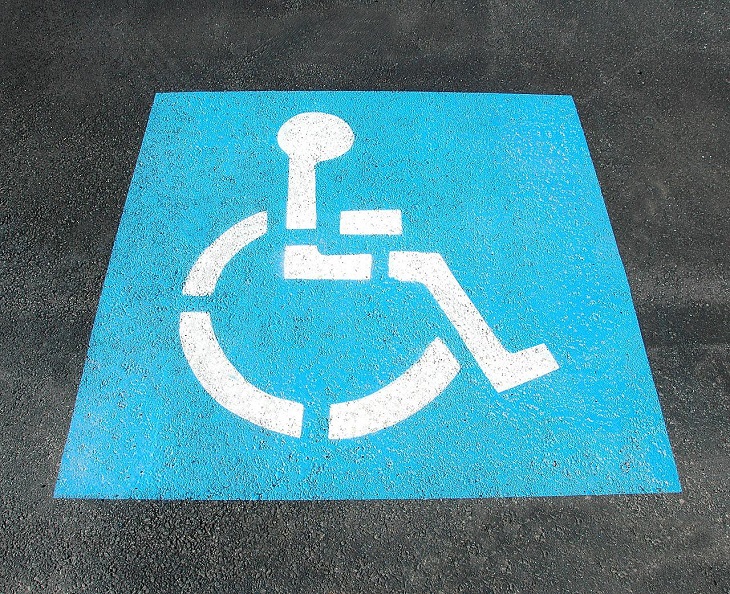Today we will outline the qualifying conditions for a disabled parking placard in Missouri. We’ll also answer several important questions about applying for a Missouri disabled parking permit, such as… What types of disabled parking permits are available in Missouri? How much does a Missouri disabled parking permit cost? Who can certify an application for a disabled parking permit in Missouri? How do I get a disability placard in the state of Missouri?
What Types Of Disabled Parking Permits Are Available In Missouri?
Missouri disabled parking permits of all types are issued by the Missouri Department of Revenue. The following types of disabled parking permits are available:
- Temporary disabled parking placard
- Permanent disabled parking placard
- Disabled parking license plates
- Agency disabled parking permit (for not-for-profit groups or organizations that transport more than one physically disabled person)
- Disabled veteran’s license plate (for people whose disabilities are military service related)

Who Qualifies For A Disabled License Plate In Missouri?
Disabled parking license plates are available to Missouri residents who have a disability that is considered by a state-licensed medical professional to be permanent or long-term in nature. Disabled license plates are not available to temporarily disabled people.
How Much Does A Missouri Disabled Parking Permit Cost?
Missouri Permanent disabled parking placards are free. Temporary disabled placards cost $2.
Qualifying Conditions For A Disabled Parking Placard In Missouri
What qualifies you for a disability placard in Missouri? The qualifying conditions for a disabled parking permit in Missouri are:
- Cannot ambulate or walk 50 feet without stopping to rest due to a severe and disabling arthritic, neurological, orthopedic condition, or other severe and disabling condition.
- Cannot ambulate or walk without the use of, or assistance from, a brace, cane, crutch, another person, prosthetic device, wheelchair, or other assistive device.
- Restricted by a respiratory or other disease to such an extent that the person’s forced respiratory expiratory volume for one second, when measured by spirometry, is less than one liter, or the arterial oxygen tension is less than 60 mm/hg on room air at rest.
- Uses portable oxygen.
- Has a cardiac condition to the extent that the person’s functional limitations are classified in severity as Class III or Class IV according to the standards set by the American Heart Association.
- Legally blind.
Who Can Certify An Application For A Disabled Parking Permit In Missouri?
The following medical professionals can certify an application for disabled parking in Missouri:
- Licensed physician
- Chiropractor
- Podiatrist
- Physician’s assistant
- Advanced practice registered nurse
- Physical therapist
- Optometrist
How Do I Get A Disability Placard In The State Of Missouri?
The first step in the process of getting a disabled parking permit in Missouri is to have a consultation with a state-licensed medical professional. This can be done by video call and arranged through the Dr. Handicap online clinic. Once the medical professional verifies your suitability for disabled parking, they will complete a Physician’s Statement for Disabled Person’s Plates/Placard form and email it to you within 24 hours.
You will then need to complete a disability parking placard application Missouri and submit it, along with the Physician’s Statement form, either in-person to any Missouri license office or by mail to:
Motor Vehicle Bureau
P.O. Box 598
Jefferson City
MO 65105-0598
When Do Missouri Disabled Parking Permits Expire?
Temporary disabled parking placards are valid for 180 days and can be renewed once. Permanent disabled parking placards are valid for four years and expire on September 30th of the fourth year from which the placard was issued. When renewing your permanent placard, you need to get new medical certification every second time you renew. This means you’ll require a new medical consultation every eight years.
Where Are Missouri Disabled Parking Permits Valid?
Disabled parking permits of all types issued by the state of Missouri are valid in the following jurisdictions:
- All US states
- All US overseas territories
- Canada
- Mexico
- Japan
- Australia
- New Zealand
- EU
- UK
- Switzerland
Disabled parking permits issued by all of the above jurisdictions are also recognized in Missouri.







